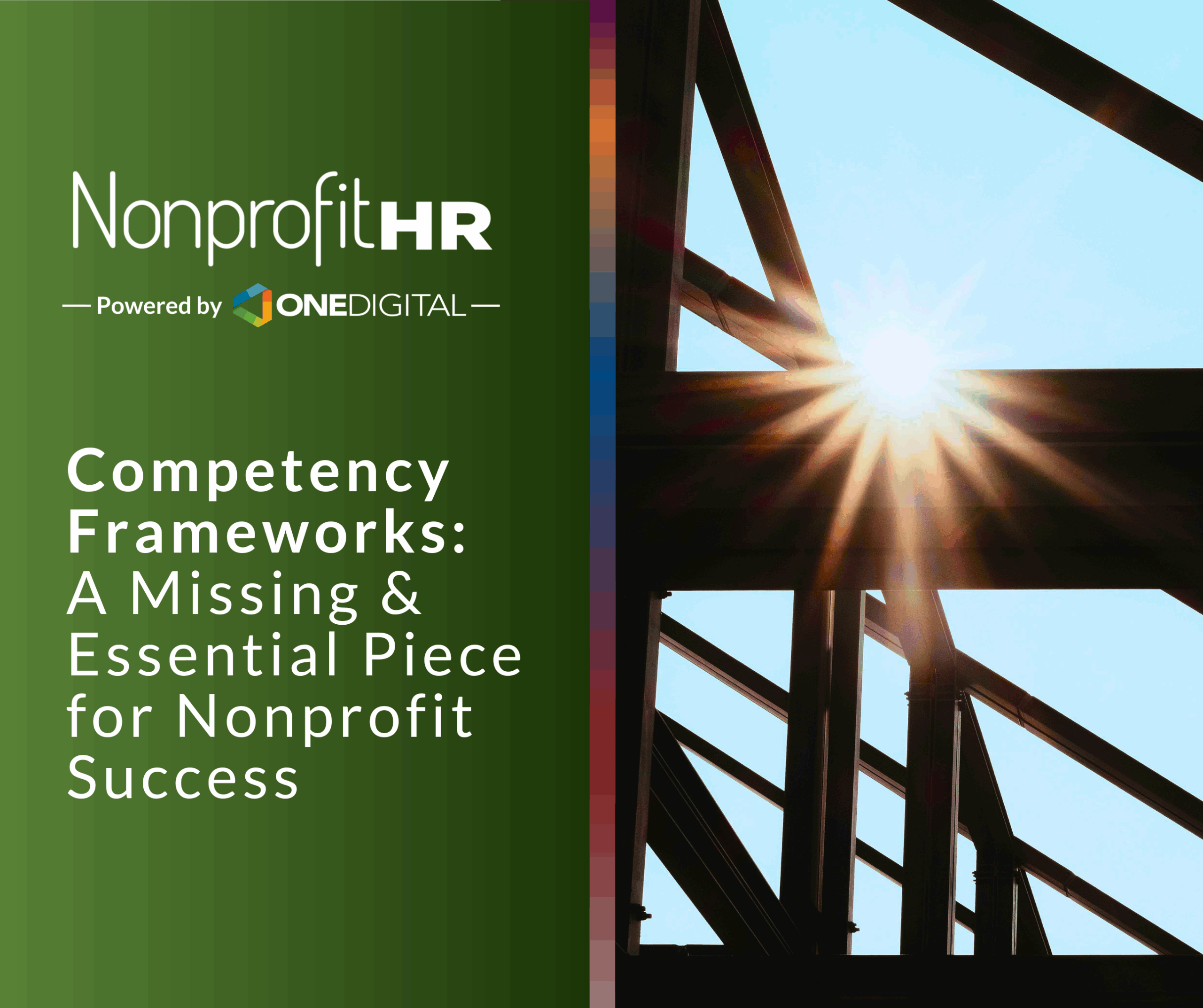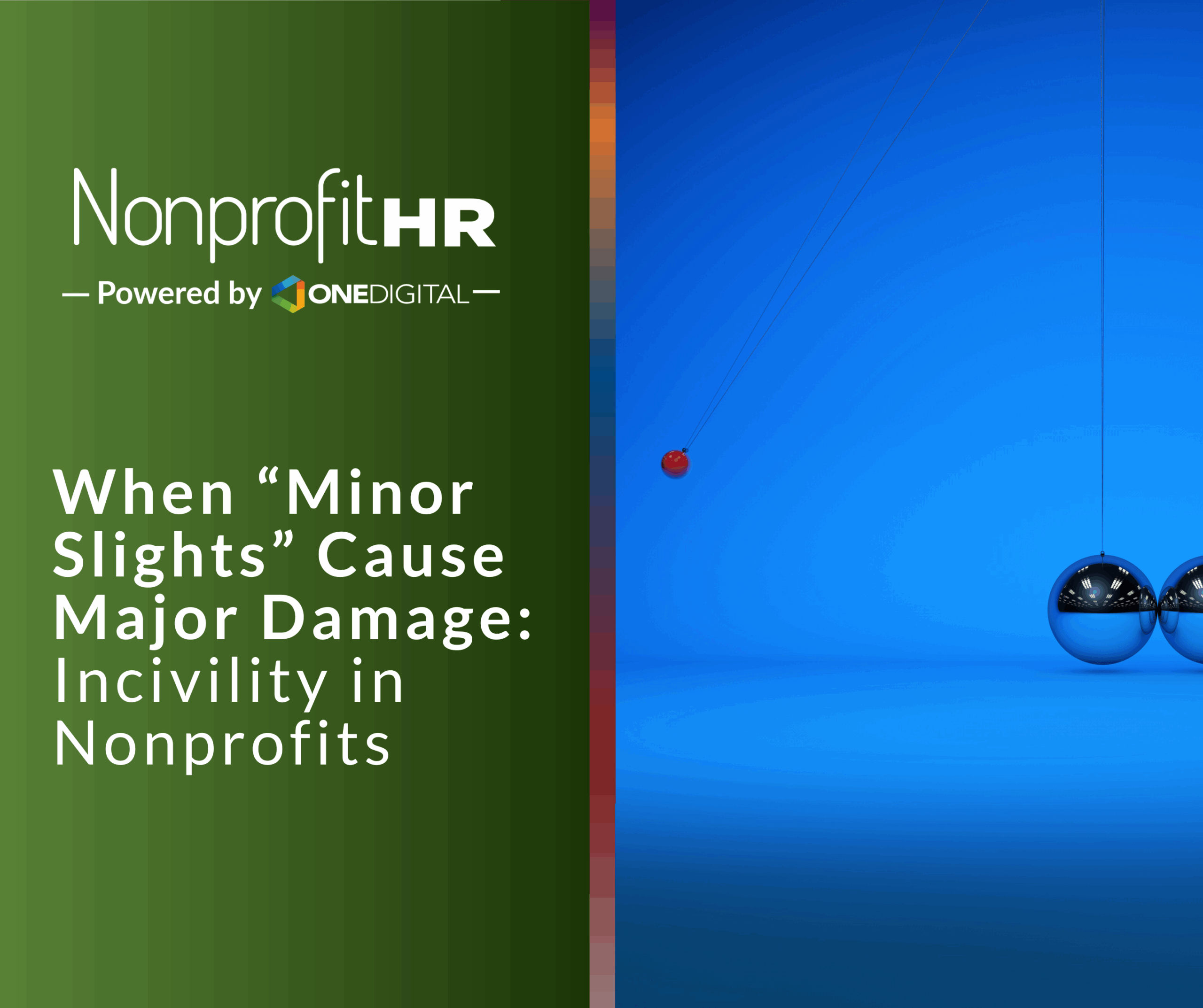WTOP: 5 ways nonprofits can…
The homecoming king still rules.
That’s the conclusion of four scholars writing for the National Bureau of Economic Research. Their paper, ‘Popularity‘ finds that the more friends you had in high school, the greater will be your earning power later on in life.
What does it say about hiring and performance review practices when a study finds that the most popular kids in high school end up make more money than their peers? It may be that they are doing a great job of rewarding the best talent.
To arrive at that conclusion, the researchers dove into a body of data called the Wisconsin Longitudinal Study (WLS). The scholars restricted their analysis to 4,330 white, male WLS respondents. “Our main variables of interest,” they write, “are adolescent friendship ties and adult earnings.”
Sarah Kliff has more details on the report.
“Over five decades, this team of researchers went back into the data to see what they could understand about popularity: Why did some kids get their names written down more than others? And what would that mean for their future successes?
As the researchers looked toward the future, they found that 35 years down the road, the more popular students earned 2 percent more than their peers. That’s nearly half — 40 percent — of the wage differential that students accrue from an additional year of education.
If a student moved from the 20th percentile of popular up to the 80th percentile it would yield a salary 10 percent higher — 40 years later. This held true after accounting for a number of separate variables, including family background, school quality, cognitive ability and adult personality traits.
The authors consider a few theories of why popular students might earn more, including the possibility that the connections they make in high school might lead to more opportunities down the road. They settle on a simpler explanation as the most likely: The traits that make a student better-liked are pretty similar to those that make one successful in the workforce.
Social interactions in high school ‘train individual personalities to be socially adequate for the successful performance of their adult roles,’ the researchers conclude. ‘Consistent with our view, we interpret our measure of popularity as a measure of the stock of social skills of a particular individual.'”
Wow. Guess I need to reconsider the importance of my kid’s campaign for class president.





























